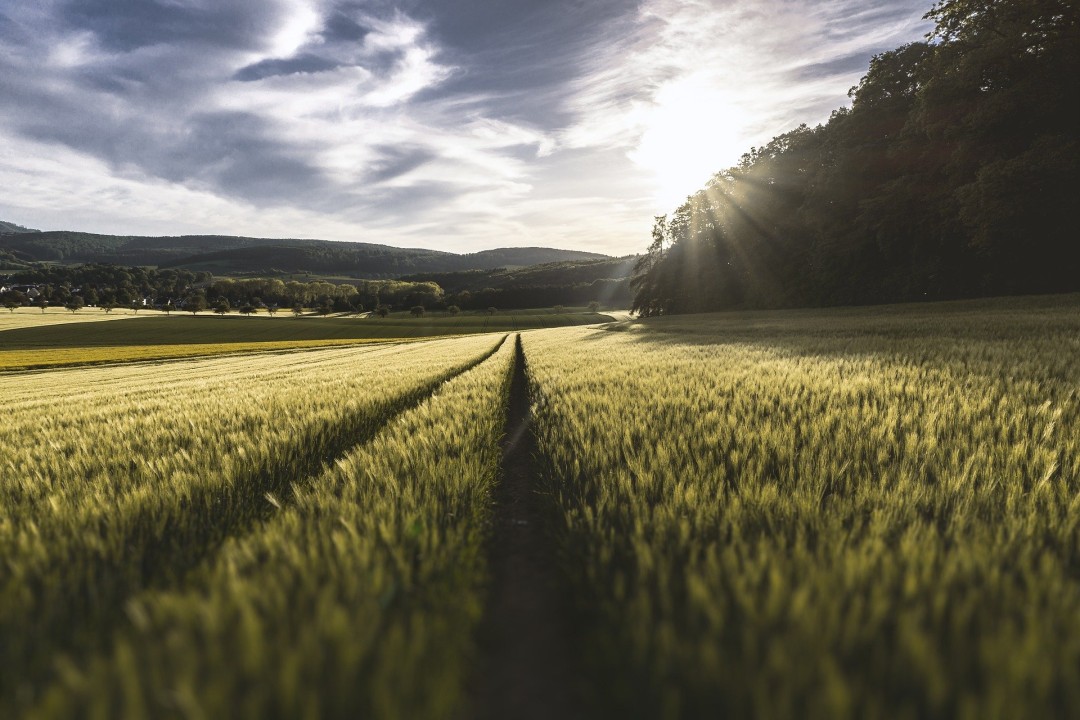
Ferming or Farming for the future?
A British documentary, which has suggested lab grown food will completely replace farming by 2050, has sparked spirited debate around the world, with concerns raised by farmers who fear their livelihoods are at stake.
The film followed a number of reports and articles about the unsustainability of many of today’s farming and food production practices.
As the world’s leaders in protein produced using natural gas-fermentation technology, we have worked closely with partners across aquaculture and agriculture as we introduce our own fermented proteins and reduce the impact of animal husbandry on the human food chain.
Aquaculture is a great example of how we can quickly and easily make important changes. Farm raised fish are fed pellets made from a variety of plant and animal ingredients including fishmeal. Fishmeal is primarily produced from wild-caught feeder fish, such as anchovies. In other words, we are feeding fish to fish so we can eat fish… Even to the layman, that doesn’t sound sustainable.
Recently, other sources of protein have been used for fish and animal feed in response to strains on supply, including soy protein. However, soy can feed people too – and increased demand for the product has been linked to rainforest destruction in Brazil, prompting protests from a host of supermarkets.
It might seem Utopian, but imagining a world where we didn’t have to farm these products to produce animal feed is no longer far-fetched. ‘Ferming’, the production of food by fermentation, enables us to do that. The prize is that in doing so we’d free up millions of liters of water, millions of acres of land and significantly ease pressure on wild fish and animal populations. It is win-win.
It’s a revolutionary concept, but one we know will work and one we are tantalizingly close to delivering.
We also expect to see significant growth in human food derived from new sources. We are currently working on products that will do just that, with a host of ingredients planned that will address the need for more protein in the human food chain. Whether or not this becomes a primary staple in people’s diets remains to be seen.
Making the transition easier for consumers who are already resisting giving up meat is key to solving our food problems. Being farm-less may not be the answer – but truly sustainable farming is an achievable goal and one we should strive towards.
Terrestrial & Cislunar Exploration technologies
4yDon't use Fossil gas to do this use landfill gases instead https://yellowdragonblog.com/2019/07/05/landfill-and-sewage-gas-fermentation-to-fish-food-proteins/
Director - Ag Tech Consortium at Point 3 Biotech Corp.
4yI hold up your work as an example in our The Rockefeller Foundation #FoodVision2050 submission. Our Symbiosis Centre will use #TrueCostAccounting (thank you Ruth Richardson) to analyse efficiency at the Food, Energy, Water and Health Nexus. Thank you Calysta for your leadership!